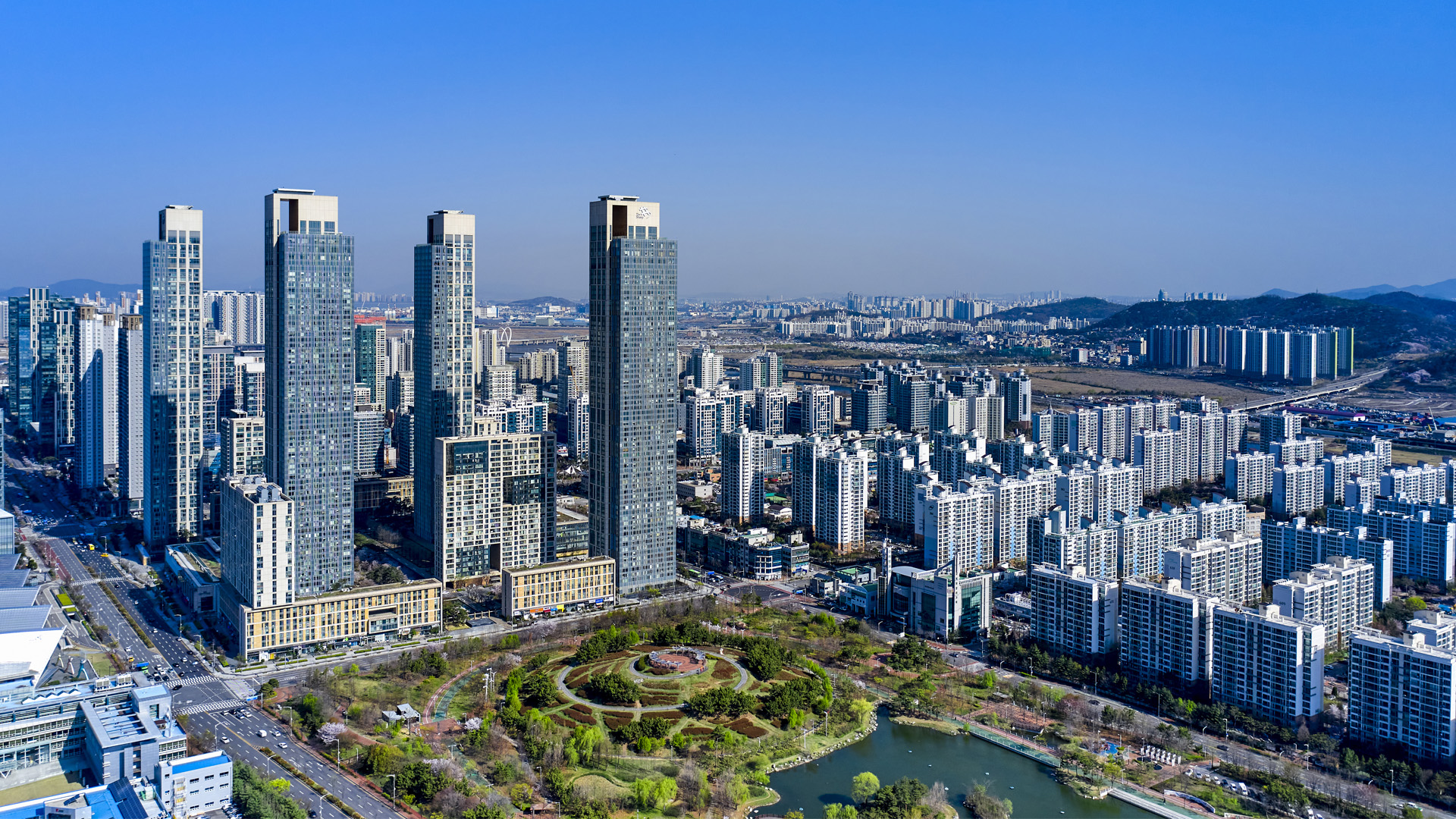
As ground was broken at Woven City in March, the Japanese project’s principal backer, carmaker Toyota, declared that its “human-centred city of the future” was “motivated by the audacious goal to elevate happiness for humankind.”
It was not the first project to make such grandiose claims. Since the term ‘smart city’ entered the vocabulary of built environment professionals around a decade ago, many other cutting-edge digitally connected settlements have set out similarly utopian visions.
Research exists to support the notion that smart cities can improve quality of life for residents. A 2018 report by management consultants McKinsey & Company trumpeted potential benefits including reductions in crime of 30% - 40% and 15% - 20% less time spent commuting.
And yet it is difficult to point to examples of successful ground-up smart city development. Many such projects remain on the drawing board. Some have met with resistance. In Toronto, Sidewalk Labs, a stablemate company of tech giant Google, was forced to abandon its Quayside smart city project last year amid concerns over intrusive surveillance and debate about who should profit from the public data gathered. Such setbacks raise questions over the workability of the smart city concept: do people really want to live there? And will it improve their lives?
“It is undeniably beneficial to collect as much data as we can, because it helps us to understand performance, wellbeing and efficiency to improve the performance of a city,” suggests Dan Hughes, a director at real estate data specialist Alpha Property Insight. “But there has to be proportionality and transparency around it. The sector has a lot of work to do around the downsides, the risks, the negatives, and the ethical implications.”
Data ethics
Crunching big data gathered through connected ‘internet of things’ sensors is crucial to the sustainability, efficiency and liveability of smart cities. But for many people that provokes fears that data will be used for commercial exploitation or social control.
Instead, the guiding principle of smart settlements must be the use of data for the public good, says Mark Enzer, chief technical officer at Mott MacDonald and digital director at the Centre for Digital Built Britain. “It is absolutely essential, if we are to have smart cities and digital twins, for them to be trusted. That involves striking a very difficult balance between security and openness, so that people can see the data is being used for public good. That balance should be achieved through democracy: the messy process of us people working out what we want. It should not be thrust upon us.”
The few new smart cities to be delivered so far have not always lived up to expectations. Songdo, in South Korea, is frequently described as bleak and soulless, and the migration of businesses and residents to the settlement has been slower than its planners envisaged. Some observers note a shift of emphasis away from private Shangri-Las sponsored by multinationals or millionaires toward employing digital innovation to improve lives in existing urban areas.
“I think it has to be a combination of a top-down framework that gives you a clear sense of vision and then encouraging the bottom-up experiments that will happen within an existing city,” says Tim Dixon FRICS, professor at the School of the Built Environment, University of Reading. “That is not to say that a grand design for a brand-new smart city cannot work in practice, but in a way, it is easier to use what you have in terms of infrastructure and build on the strengths of a city to work toward improved quality of life.”
“New build developments will be valuable as controlled test environments, but they are not really reflective of how we will live,” says UK based Simon Navin MRICS, geospatial services lead at engineering firm Jacobs. “We need better data to understand the assets we have and to retrofit and regenerate them.”
“You can never improve somebody’s quality of life unless you engage with that local community” Linda Chandler, smart cities advisor

Technology must be the servant and not the master, he adds. “Technology is only ever an enabler. You have to start from the purpose that you are trying to achieve. Particularly when you are thinking about societal wellbeing and societal good, you need to listen to people, to understand the challenges that communities have, and then try to solve those problems with the right tools and technologies.”
Independent smart cities advisor Linda Chandler formerly led smart city initiatives in the UK and Asia for Microsoft. “The smart cities wave has spread out over the world, and it can land quite differently in different places. Context is everything,” she observes. “For example, I was told of a project in Vietnam where the introduction of a numberplate recognition system failed disastrously because traffic doesn’t line up nicely there. You can never improve somebody’s quality of life unless you engage with that local community. In Wales, I am working on a smart towns programme, identifying use cases that address local problems and whether technologies developed for cities can solve them at that scale. It is real grassroots stuff.”
Different definitions of smart
‘Smartness’ sometimes has a different meaning in different places. Much of the huge investment poured into 100 urban areas identified by India’s national smart cities mission has not been used to fund digital connectivity. “In the beginning, what we were looking at was creating adequate infrastructure for water, power, healthcare and education, says Anupam Saxena MRICS, associate professor at the School of Real Estate in Noida. “Digital smartness is now coming into the picture in India, but if you look at our most advanced counterparts around the world, we still have a long way to go.”
However, smartphone usage is commonplace in every strata of Indian society, and there is enormous scope to use digital technology to address the problems generated by rapid urbanisation, Saxena suggests. “India is a mine of opportunities. Somebody has to find solutions, and if the government cannot, Indians are good at entrepreneurship. The challenge is to find viable business models.”
Cities should be understood as complex, adaptive systems in which people, physical infrastructure and technology interact, says Enzer. “If we are to have a hope of achieving net zero, climate resilience or circular economy, all of which are systemic challenges, then we need system-based solutions. While humanity is facing these massive, almost existential, systemic challenges, we also have some pretty important systems-based tools coming along which can help us.”
In the face of those challenges, efforts to make cities smarter may turn out to be more essential to maintaining and improving quality of life than is yet understood. However, to implement that technology successfully, surveyors, and professionals from other disciplines working alongside them must be prepared to deal with its legal, commercial and ethical implications.
Get Modus features sent straight to your inbox by signing up for the newsletter.
“It is easier to use what you have in terms of infrastructure and build on the strengths of a city to work toward improved quality of life” Tim Dixon FRICS, University of Reading

